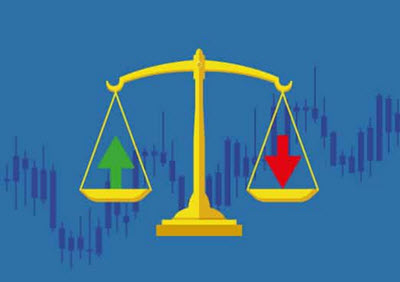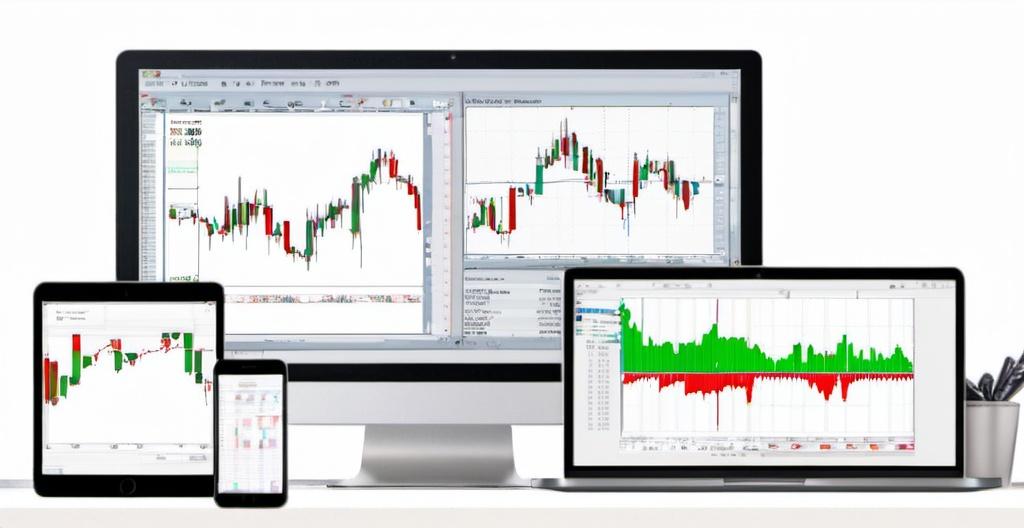Binary options
Binary options is a financial instrument that allows you to speculate on future market movements of underlying assets. Some regulatory bodies consider binary options to be financial instruments and regulate them as such. Other jurisdictions consider binary options to be a way to bet on the stock market and regulated the instrument as gambling. Both classification have their merit and the truth is that binary options is somewhere in between the two classifications. They have no value if they mature outside the money making them similar to gambling but they are based on financial assets. The movements of these assets can be predicted by a skilled trader making it more like investing than gambling.
If you refer to binary options as gambling you imply that they are governed by luck. This is not the case. The trade is skilled based.

If you refer to binary options as an investment you imply that they have a persistent value. This is not the case. They are worthless if the mature outside the money.
None of the two definitions make binary options justice. The best way to look at them is as a way to speculate on future market movements and make large profits on Small movements.
How to binary options work
There are several different types of binary options. Each type work slightly different. In this article we are going to focus on classical binary options. The most commonly traded and most popular type of binary options.
Each binary option is based on an asset. It is the market value of this asset that is going to decide if the option matures on the money or not. The asset can be a stock, a currency pair, a commodity or a index. When you buy a binary option you are speculating that the market value of the asset the option is based on will be above or below a certain value at a certain time in the future. This time is referred to as the time when the option matures. The option might mature in as little as 15 seconds and in as much as a month. The market value of the asset in the time leading up to the maturation of the option does not matter. It is only the value at the exact time of maturation that matters.
(There are types of binary options such as one touch and no touch options where the market value during the maturity of the option matters. But this is not the case with classical options)
If you correctly predicted the value of the asset then the option will mature in the money. When this happens you will earn a high return on your invest. Often 80-90% or more.
If you were wrong then the option is worthless and you lost the money you invested.
You can quickly earn a lot of money if your skilled at choosing the right options to buy.

Traded against the broker
There is no open market for binary options and there is no 3rd party involved in the transaction when you trade with binary options. The broker acts as underwriter for the option and offer it for sale on their marketplace. They get the money when you buy an option and they make a profit if the option matures outside the money. They lose money if the option matures in the money.
All binary options are designed to give the broker an statistical edge that will allow them to make money. You will lose money if you buy random options and hope for the best. It is possible to overcome the statistical edge and make money by skillfully analyzing the market and using this information to pick options with a high probability to mature in the money.
High risk
Binary options are high risk instruments and there are countless stories online about people who have lost a lot of money trading binary options. There are also a lot of people who have earned a lot of money.
We do however not recommend binary options trading. The risk is too high and it is harder than most people think to make money. Binary options are only suitable for skilled day traders.
Selecting a Binary Options Broker
In binary options trading, the broker you choose isn’t just a platform—it’s the main factor that shapes your experience. They handle execution, payouts, and access to markets. A reliable broker means you can focus on trading decisions instead of worrying about withdrawals, delays, or questionable pricing.
Regulation and Trust
The first filter when looking at brokers should be regulation. Licensed brokers are required to meet standards for transparency and client protection. Unregulated firms might offer attractive promotions, but they carry real risks—slow withdrawals, manipulated pricing, or even disappearing with client funds. A regulated broker provides a baseline of trust that traders can build on.
Payouts and Fees
Binary options trading looks straightforward, but the payout percentage determines long-term profitability. Some brokers consistently offer payouts around 80–90% on popular assets, while others set them lower. Even small differences add up over hundreds of trades. Fees may not be obvious at first glance—withdrawal charges, inactivity fees, and currency conversion costs can all cut into results.
Platforms and Usability
The trading platform is where all decisions play out. A strong broker offers a clean interface, reliable execution speed, and access to assets that suit different strategies. Mobile apps matter too, since many traders want the flexibility to manage trades on the go. Extra tools like charts, signals, or demo accounts can help beginners, but reliability is always more important than flashy add-ons.
Deposit and Withdrawal Policies
Getting money in and out without friction is a test of broker quality. Good brokers support a range of deposit options, process withdrawals quickly, and keep terms transparent. Delays or hidden limits on withdrawals are usually a red flag.
Finding a Broker That Fits
Since there are many brokers in the space, comparing them side by side saves time and helps avoid poor choices. Traders who want a structured comparison of features, payouts, and account terms can compare brokers with Binaryoptions.net
This article was last updated on: August 29, 2025

